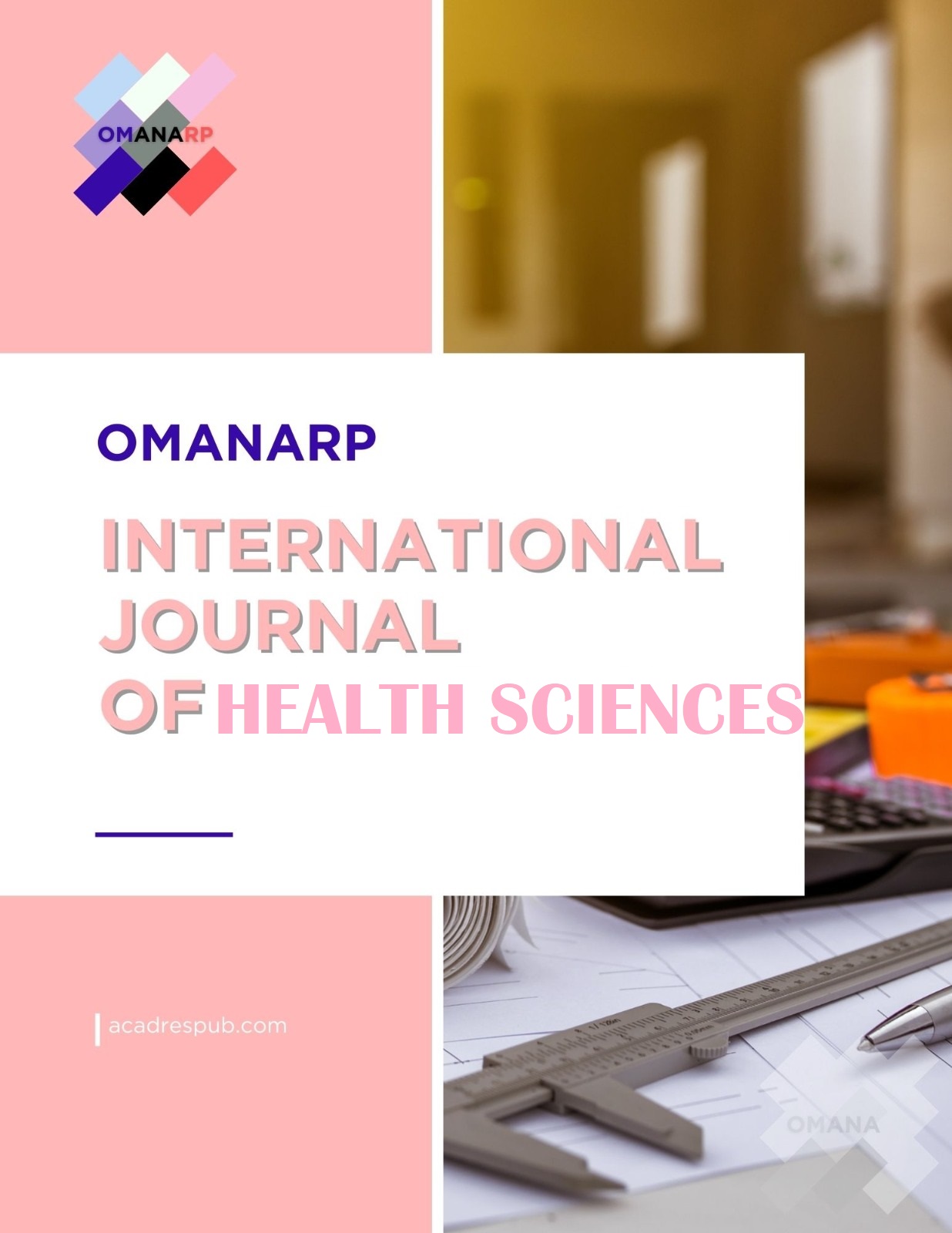RECOGNIZING POSTPARTUM DEPRESSION IN MOTHERS: A DOCUMENTARY EVIDENCE
Abstract
Postpartum depression (PPD) is a common and often overlooked mental health condition that affects a significant number of mothers following childbirth. It is characterized by feelings of intense sadness, anxiety, fatigue, and changes in behavior, which can impair the mother's ability to care for her newborn and herself. It is estimated that approximately 10-20% of women worldwide experience postpartum depression (Gavin et al., 2005). Early recognition and treatment of PPD are critical, as untreated depression can have long-lasting consequences not only for the mother but also for her child’s development and family dynamics (Stewart et al., 2003). Despite its prevalence, postpartum depression is often underdiagnosed due to the stigma surrounding mental health, the overshadowing of physical recovery after childbirth, and the lack of routine screening in some healthcare settings. This project aims to explore how postpartum depression can be better recognized in mothers, identify risk factors, and provide recommendations for improved diagnosis and support systems for affected mothers. Postpartum depression is a form of clinical depression that occurs after childbirth. It's characterized by feelings of extreme sadness, anxiety, lack of interest in the baby, changes in eating and sleeping habits, fatigue, and difficulty bonding with the baby and exhaustion that can interfere with a mother's ability to care for herself and her baby. It typically begins within the first few months after giving birth but can develop anytime during the first year. Having a new baby brings on a lot of big feelings – love, joy, excitement, frustration, and nervousness to name a few. Experiencing highs and lows in the first weeks and months after birth are to be expected given the big emotional and physical changes that come with having and caring for a new little one. But for many, feelings of depression and anxiety can overshadow the celebration of welcoming your new family member.
Downloads






